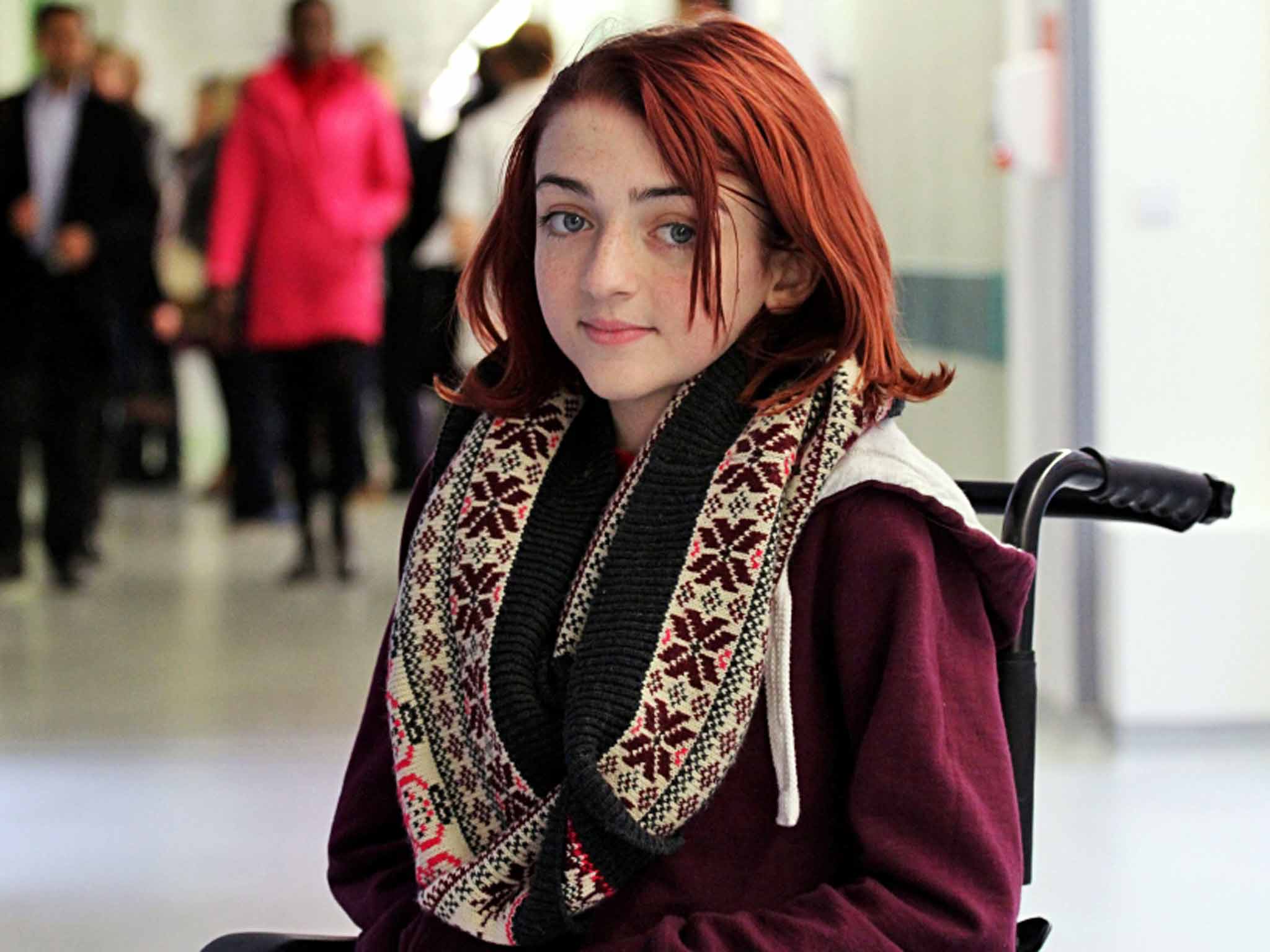Great Ormond Street, BBC2 - TV review: There is obvious value in hearing patient stories like these
Nine-year-old Charlie asked: 'Would it make any difference if I had boy or girl lungs?'

The truth is, I've been strenuously avoiding Great Ormond Street, the three-part documentary about seriously ill children that started last week on BBC2.
Aside from it being an obvious downer, it just feels wrong that real human misery of this kind should be sandwiched in the television schedules between such entertainment shows as Holby City and the reality competition Hair. Then came this week's news that the number of people donating organs after death has fallen for the first time in 11 years and the value of hearing patient stories like these once again became apparent.
Lungs, the subject of this week's episode, are considered the most complex organs to transplant. The surgery can save a life, but it also presents its own life-threatening risks, which makes decisions all the more agonising for young patients, their parents and the NHS staff who advise them.
Cystic fibrosis patient Charlie was just nine and already weighing up whether he wanted to go on the organ-transplant list or not. He arrived on the ward armed with a list of questions for Dr Helen Spencer, including "Would it make any difference if I had boy or girl lungs?" and "How long would the lungs last?" Teenager Jess was wrestling with a similar dilemma. "I wanted to make the decision myself, so that if anything were to happen my parents wouldn't blame themselves," she calmly explained.
Imagine the 14-year-old mature enough to make such a statement, and then consider the experiences that forced her to develop that maturity at such an early age. As specialist Dr Paul Aurora said at one point: "It's very tough emotionally, but what we have to keep reminding ourselves is that patients don't come to us for sympathy." That's good advice for the viewer, too. Weeping in front of the TV doesn't do families like these much good, but having that difficult organ donation conversation with loved ones just might.
Subscribe to Independent Premium to bookmark this article
Want to bookmark your favourite articles and stories to read or reference later? Start your Independent Premium subscription today.

Join our commenting forum
Join thought-provoking conversations, follow other Independent readers and see their replies